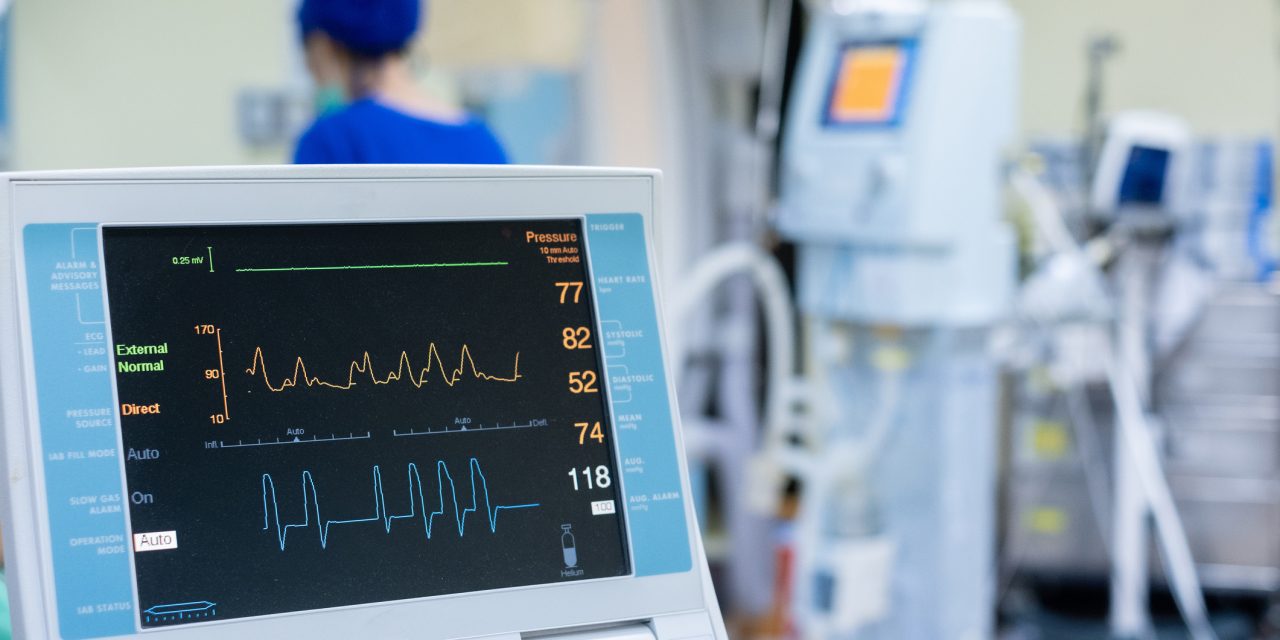Acute myocardial infarction (AMI) is the leading cause of death, morbidity, and health costs worldwide. In AMI, a sudden blockage of blood flow causes myocardial ischemia and cell death. Reperfusion after ischemia has paradoxical effects and may exacerbate the myocardial injury, a process known as ischemic reperfusion injury. In this work we evaluated the lipidome of isolated rat hearts, maintained in controlled perfusion (CT), undergoing global ischemia (ISC) or ischemia followed by reperfusion (IR). 153 polar lipid levels were significantly different between conditions. 48 features had q < 0.001 and included 8 phosphatidylcholines and 4 lysophospholipids, which were lower in ISC compared to CT, and even lower in the IR group, suggesting that IR induces more profound changes than ISC. We observed that the levels of 16 alkyl acyl phospholipids were significantly altered during ISC and IR. Overall, these data indicate that myocardial lipid remodelling and possibly damage occurs to a greater extent during reperfusion. The adaptation of cardiac lipidome during ISC and IR described is consistent with the presence of oxidative damage and may reflect the impact of AMI on the lipidome at the cellular level and provide new insights into the role of lipids in the pathophysiology of acute myocardial ischemia/reperfusion injury.© 2021 Published by Elsevier B.V.
Cardiac phospholipidome is altered during ischemia and reperfusion in an ex vivo rat model.


